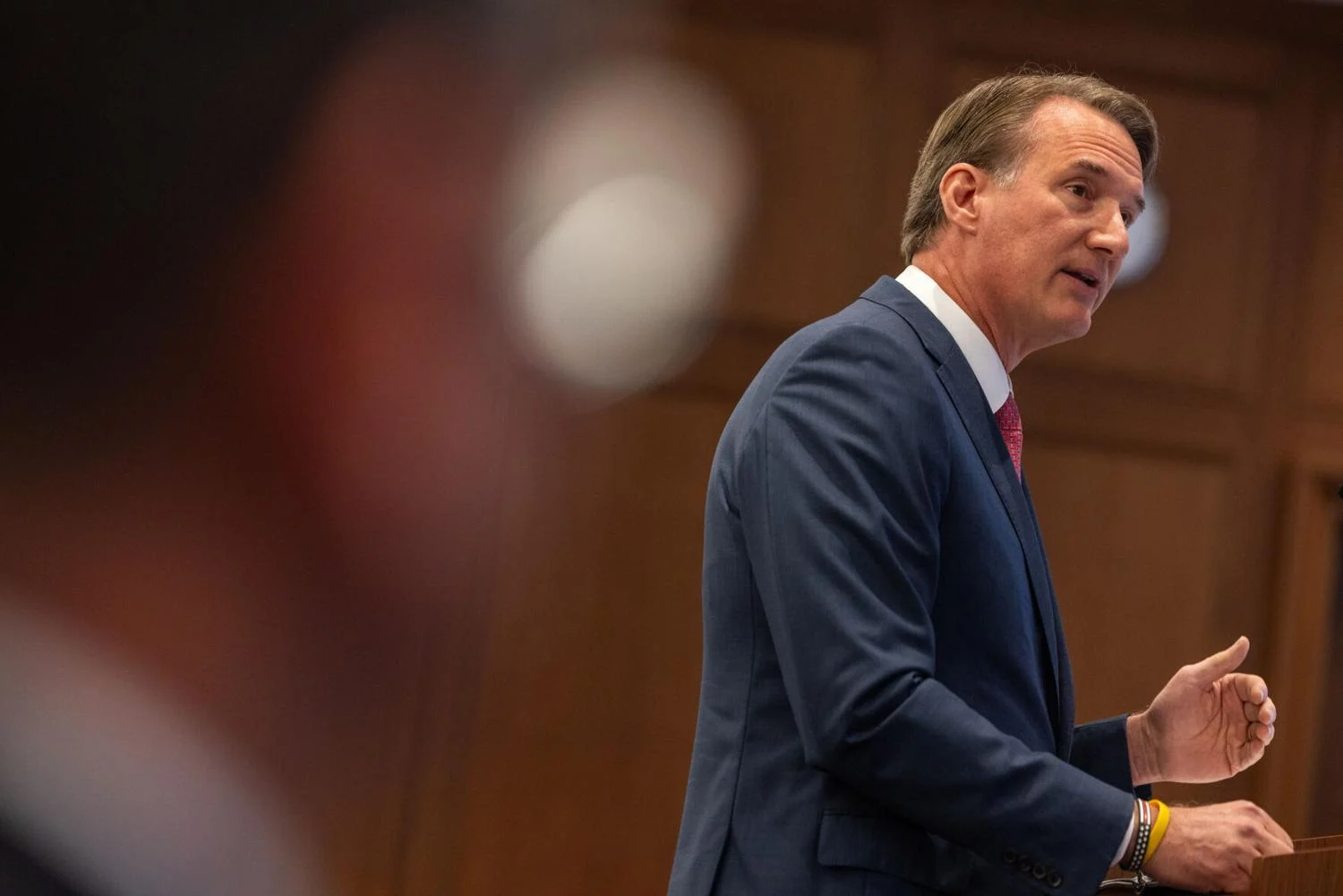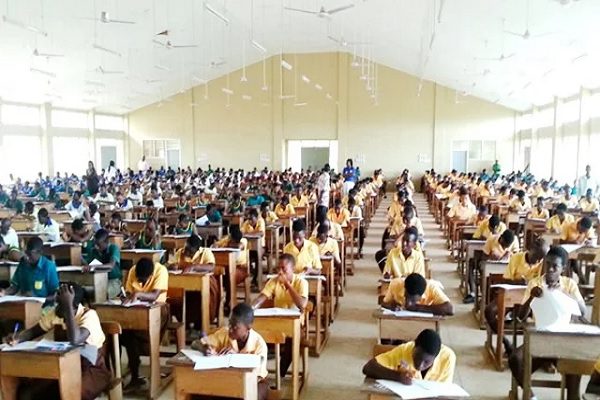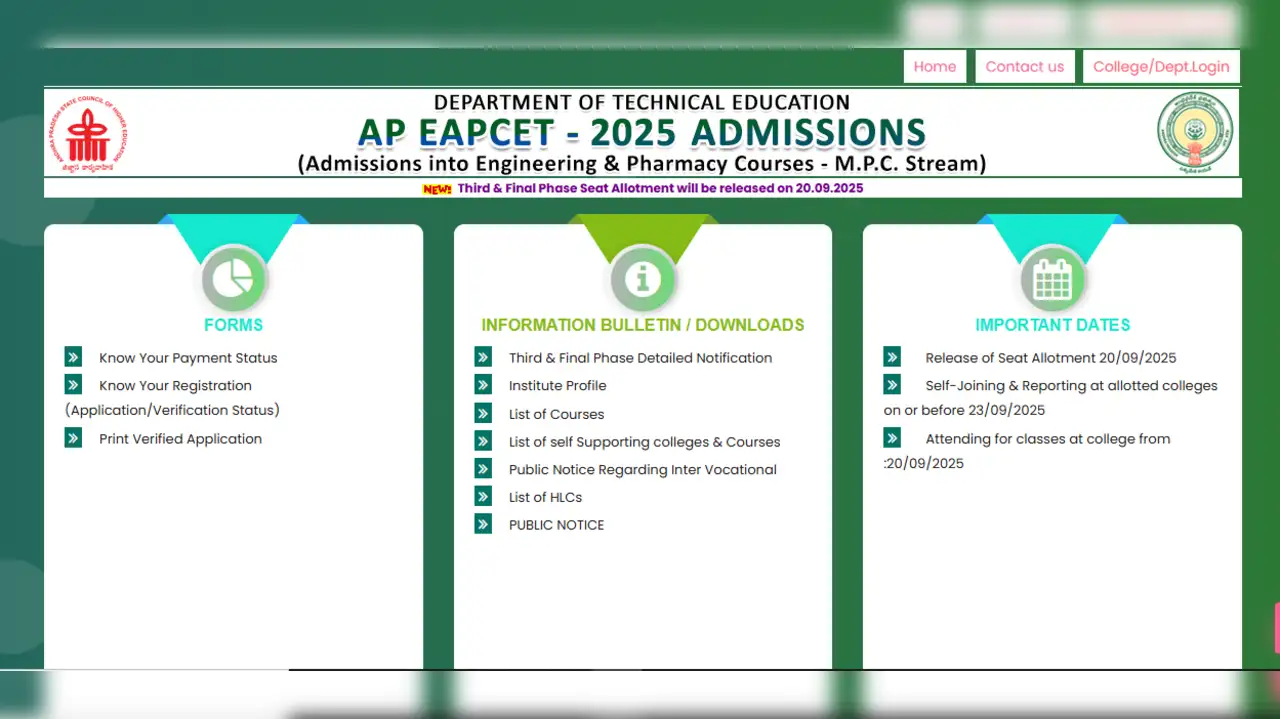
The Virginia Board of Education has voted to significantly increase the passing threshold on the state’s standardized tests, known as the Standards of Learning, to eventually make Virginia’s tests among the hardest in the nation.
The state will implement the higher passing bar incrementally over at least four years. The board will make decisions concerning the timeline at its Oct. 24 meeting, after spending the next month meeting with school district leaders to discuss impacts.
If the state had enacted the new grading scale before students took their SOL exams this spring, about 40% of students would have passed their reading exams, according to projections from the Virginia Department of Education. Under the current grading scale this spring, about 72% of students in grades 3 through 8 passed the state’s reading assessments.
“This is arguably the most critical vote that this board will take because it reaffirms the commonwealth of Virginia’s commitment to our students and their future,” said State Superintendent Emily Anne Gullickson at Thursday’s board meeting.
Gov. Glenn Youngkin’s office said Thursday’s vote was “a victory for excellence in Virginia education and a commitment to the belief that students must be ready for life — and assessment scores should reflect that.”
“As the Governor has consistently said, when we set high expectations for ourselves, Virginia’s students, parents, and teachers rise to the challenge,” said Youngkin’s communications director Rob Damschen.
Virginia’s current passing bar on state tests is among the lowest in the nation – which Youngkin has pointed to as the reason Virginia students’ performance nationally has sunk from above average to right at average.
“Based upon the data, the house is on fire,” said board member Ida McPherson. “There has to be a sense of urgency that we have to do something about education in Virginia.”
Listen now and subscribe: Apple Podcasts | Google Podcasts | Spotify | RSS Feed | SoundStack | All Of Our Podcasts
Virginia ranked 51st in the U.S. — behind all other states and Washington, D.C. — in math recovery from 2019 to 2024 for its performance on the National Assessment of Educational Progress, a Congressionally mandated assessment known as “The Nation’s Report Card.”
“Virginia is the absolute lowest scoring state in terms of proficiency cut scores than any other state in the country. So, we have two very dubious ‘honors’ hanging around our neck, honestly, and it’s embarrassing and it’s sad,” said board member Amber Northern, referencing the state’s cut scores and its last-in-the-nation recovery.
“We can do this together. We’re not out to get you. We’re out to actually do the biggest, most important thing that we can do as a society, which is invest in education for children.”
The ‘honesty gap’
The new cut scores – the number of questions students need to get right to pass state tests – are aligned with the grading scale of the NAEP, which fourth and eighth graders take across the U.S. The NAEP is seen as the gold standard for measuring academic success between states.
Aligning the grading scale on state assessments to the NAEP has been a prominent goal of Youngkin’s education agenda.
This year, 74% of Virginia’s eighth graders passed the state’s reading exams while only 29% were proficient in reading on the NAEP. Similarly, 63% of Virginia’s eighth graders passed the state’s math exams, yet only 28% of Virginia’s eighth graders were considered proficient in math on the last NAEP assessment.
Education professionals commonly refer to the difference between state and NAEP grading scales as the “honesty gap.” Virginia is one of just six states that report passing rates on their state tests that far exceed (30 percentage points or more) student proficiency according to NAEP in at least one grade or subject area, according to the nonprofit Collaborative Student Success, which produces reports on states’ honesty gaps.
Youngkin, who leaves office in January, had originally wanted to raise cut scores before students took their SOLs in the spring of 2023, but the board did not vote to raise cut scores until this week.
Students will not be graded on the tougher passing threshold until next spring, after Youngkin is out of office.



